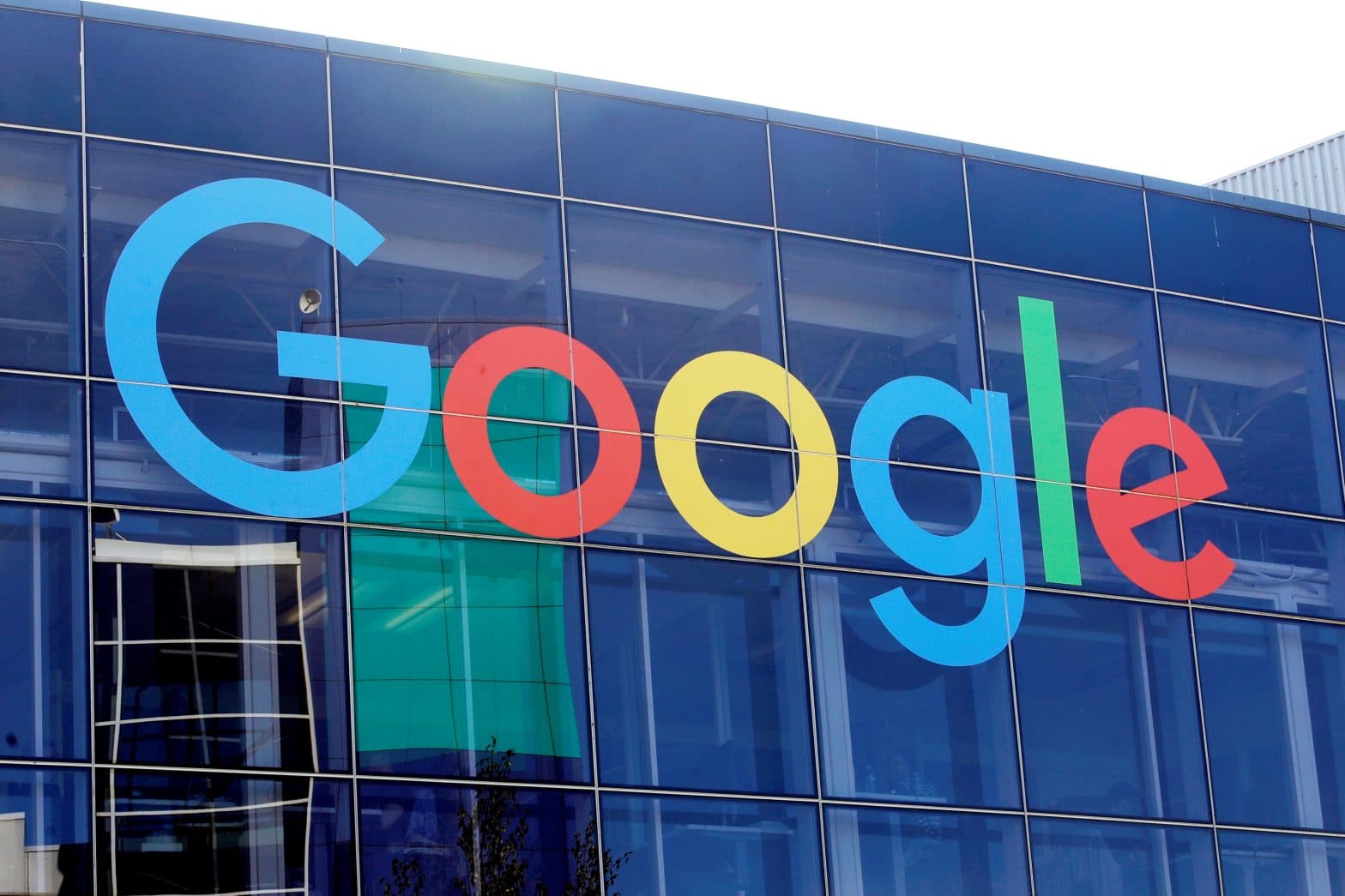Google Agrees to $391.5M Settlement Over Location Tracking Practices

WASHINGTON — Google has agreed to pay $391.5 million to settle claims it misled consumers into believing they opted out of location tracking when in reality a separate setting in their Web and App activity continued to collect that data.
In all, 40 attorneys general participated in the investigation, so many that Connecticut Attorney General William Tong called it “the largest multi-state privacy settlement in U.S. history.”
In an email to The Well News, Tong said, “location data is among the most sensitive and valuable personal information Google collects, and there are so many reasons why a consumer may opt out of tracking.”
“Our investigation found that Google continued to collect this personal information even after consumers told them not to,” he said. “That is an unacceptable invasion of consumer privacy, and a violation of state law. People deserve to have greater control over — and understanding of — how their data is being used.”
“Big Tech is watching us, but Silicon Valley needs to know that we are watching them too, and if they violate our consumer protection laws, we will take strong action to protect our citizens,” said Florida Attorney General Ashley Moody in a press release posted to her office’s website.
“This is a historic case for the privacy of Americans and the protection of consumers nationwide, and I am proud our office helped lead this massive, nationwide investigation,” she said.
As detailed in the settlement, the attorneys general found that Google violated state consumer protection laws by misleading consumers about its location tracking practices in various ways since at least 2014. Specifically, Google caused users to be confused about the scope of the Location History setting, the fact that the Web and App Activity setting existed and also collected location information, and the extent to which consumers who use Google products and services could limit Google’s location tracking by adjusting their account and device settings.
Under the settlement, Google has agreed to a series of provisions designed to give consumers more transparency into Google’s practices, including:
- Requiring Google to show additional information to users whenever they turn an account setting “on” or “off.”
- Making key information about location tracking unavoidable for users (i.e., not hidden).
- Creating an enhanced “Location Technologies” webpage where users can get detailed information about the type(s) of location data Google collects and how it’s used.
In addition to the multimillion-dollar payment, which will be split between the states, the settlement also puts limits on Google’s use and storage of certain types of location information and requires Google account controls to be more user friendly.
“Right now, consumers are beholden to Google’s promise that Big Tech knows what’s best for users’ data,” said Pennsylvania Attorney General and Gov.-elect Josh Shapiro in a written statement.
“Google’s impact on the lives of everyday Americans is pervasive — they have a responsibility to consumers to ensure that the data they collect is only obtained with express consent from the user. My office will continue to fight to ensure consumers can control when and how their personal data is collected,” he added.
On Monday, Google sought to assure the attorneys general and the public that the location settings relevant to this settlement are no longer in effect.
“Consistent with improvements we’ve made in recent years, we have settled this investigation which was based on outdated product policies that we changed years ago,” a Google spokesperson said.
The states included in the settlement are Alabama, Alaska, Arkansas, Colorado, Connecticut, Delaware, Florida, Georgia, Hawaii, Idaho, Illinois, Iowa, Kansas, Kentucky, Louisiana, Maine, Maryland, Massachusetts, Michigan, Minnesota, Mississippi, Missouri, Nebraska, Nevada, New Jersey, New Mexico, New York, North Carolina, North Dakota, Ohio, Oklahoma, Oregon, Pennsylvania, South Carolina, South Dakota, Tennessee, Utah, Vermont, Virginia and Wisconsin.
Dan can be reached at [email protected] and @DanMcCue
























